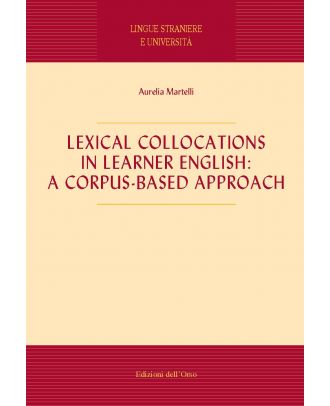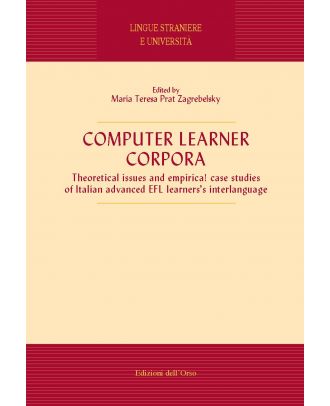| ISBN | 978-88-3613-530-1 |
|---|---|
| Numero in collana | 11 |
| Sottocategoria | Didattica delle lingue |
| Collana | Lingue straniere e Università |
| Autore | Mona Nishizaki |
| Pagine | X-130 |
| Anno | 2024 |
| In ristampa | No |
In the 21st century, English as the world’s lingua franca has become increasingly important as a medium of communication for German students, facilitating their connection to the global community. As citizens of a European country, they will rely on English for travel, work, and education, engaging with a diverse range of speakers. This shift has pedagogical implications, as English is no longer primarily learned to communicate with native speakers alone.
This book delves into the educational policies of German secondary schools, exploring how they have adapted to meet the needs of English learners in the 21st century. Through detailed content analysis, I map Germany’s English language teaching policies onto the global English language teaching framework, evaluating key elements of the respective curricula. Overall, it is evident that the objectives of English language teaching in German secondary schools align with the demands of contemporary English learners, with an emphasis on communicative competence. English is clearly recognized as the global medium of communication, and its relevance for students is consistently underscored.
However, a deeper examination of the conceptualization and implementation of communicative competence reveals a strong adherence to standard English norms, with an emphasis on linguistic accuracy that does not align with the realities of communication in English as a lingua franca. Furthermore, while the policy documents stress the importance of developing cultural sensitivity and awareness, their descriptions of learning content and evaluation criteria rarely extend beyond a basic understanding of culture, often limited to the nation-states of native English-speaking countries.
This analysis exposes a critical gap between the conceptualization of learning goals, which position English as a global language, and the practical implementation of these goals in the classroom. This disconnect poses a significant challenge in providing German students with a realistic and relevant preparation for using English in an increasingly interconnected world.
Mona Nishizaki is a researcher at the Department of Modern Languages and Cultures at the University of Genoa. She holds a Ph.D. in Applied Linguistics and a degree in Education, specializing in English as a Second Language and secondary school education. Over the years, she has actively worked as an English language teacher in Ireland, England, Japan, and Italy.
Her research interests lie at the intersection of applied linguistics and teaching methodologies, with a specific focus on the practical implementation of Global Englishes teaching. She has widely published on this topic in academic journals, book chapters, and manuals. Additionally, she is an active member of the ELINET network, contributing to our understanding of global English language teaching and providing support for early-career researchers.


